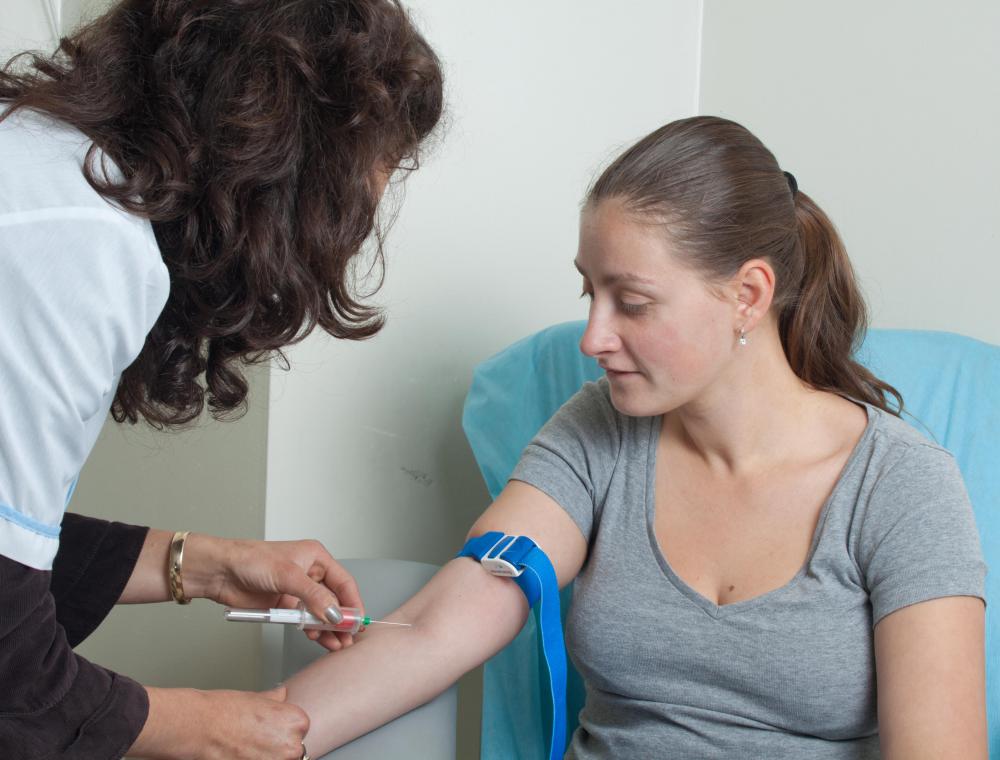Currently, multiple and uncomfortable clinical examinations must be performed by a neurologist to diagnose ALS. Unfortunately, this diagnosis is often erroneous because there are so many diseases "mimicking" ALS, leading to delays, sometimes several years, before the diagnosis is assured.
 So it would be a huge step forward if a simple blood test for ALS could be done in a lab. This has long been sought.
So it would be a huge step forward if a simple blood test for ALS could be done in a lab. This has long been sought.
This would not change the fact that a cure is still not in sight, and that management solutions, particularly via a diet providing an increase in calories and the practice of light exercise, are not always implemented.
A team from the non-profit Brain Chemistry Labs, in Jackson Hole, focused on identifying miRNAs associated with ALS). Using miRNA extracted from L1CAM immunoaffinity purified extracellular vesicles, they replicated an 8-miRNA fingerprint diagnostic of ALS, which includes the miRNA species and direction of regulation.
There is almost no literature describing how L1CAM is strongly associated with ALS, in this respect a misfolded TDP-43 blood test would seem much more relevant.
L1 protein is located all over the nervous system on the surface of neurons. It is placed along the cellular membrane so that one end of the protein remains inside the nerve cell while the other end stays on the outer surface of the neuron. This position allows the protein to activate chemical signals which spread through the neuron.
There are a wide variety of cells that express the protein L1, not only neuronal cells but also some non-neuronal ones.
Exosomes are small lipid bilayers of tiny particles found in many biofluids including blood, urine, saliva, breast milk, and cerebrospinal fluid (CSF). They carry a cargo composed of proteins, lipids, DNA, and RNA. It is now known that exosomes are actively involved in cell-to-cell communication
Extracellular vesicles isolated from human plasma were purified using L1CAM. The resultant isolated fractions have unique profiles including size, protein, and miRNAs that were significantly associated with ALS in three blood banks from 80 patients and 80 controls.
The eight miRNAs are: hsa-miR-151a-3p, hsa-miR-151a-5p, hsa-miR-4454, hsa-miR-146a-5p, hsa-miR-10b-5p, hsa-miR-199a-3p, hsa-miR-199a-5p. Some of them have previously been identified as associated with ALS.
It's not clear to me if we are close to a quick and reliable blood analysis. Indeed similar works have already been published but it seems there is no consensus on which miRNAs are good biomarkers. In addition it is not clear how those biomarkers are related to the disease. In a previous publication, authors hypothesize that they are simply debris from dysfunctioning cells. If this is the case those miRNAs might not be the good biomarkers that are
